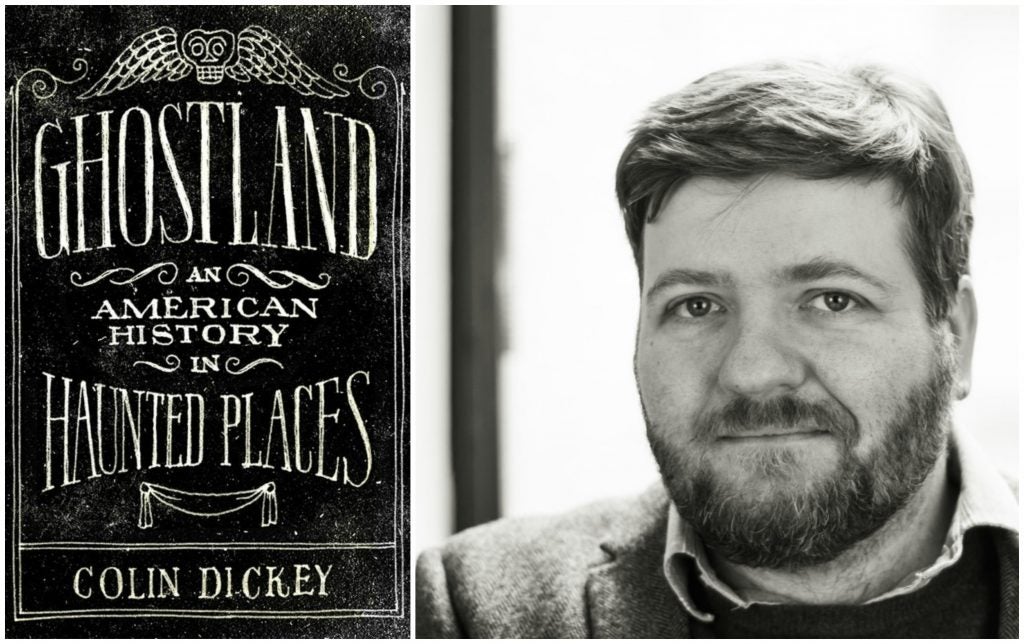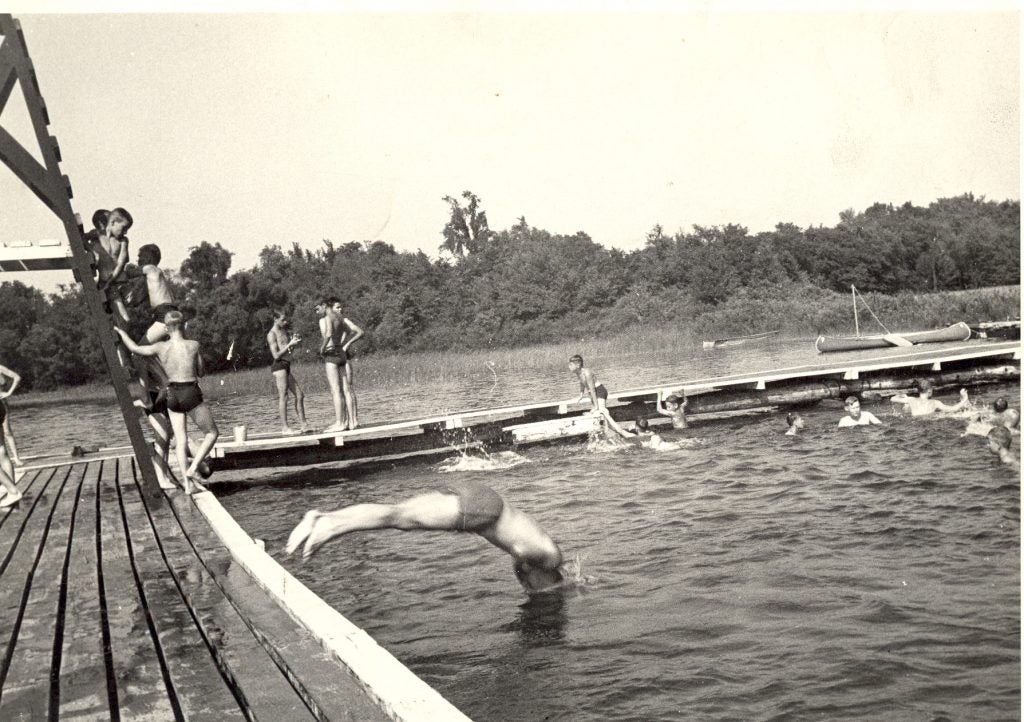On “Ghostland”: An Interview with Colin Dickey
“You’d find certain archetypes that would appear no matter what. For instance, the haunted merchant’s house in New York plays off the mythology of the unmarried woman, the spinster, as does the Winchester House. Things like this would crop up unexpectedly across the country, despite their radically different places and stories and cultures.”
On “Ghostland”: An Interview with Colin Dickey Read More »
“You’d find certain archetypes that would appear no matter what. For instance, the haunted merchant’s house in New York plays off the mythology of the unmarried woman, the spinster, as does the Winchester House. Things like this would crop up unexpectedly across the country, despite their radically different places and stories and cultures.”








